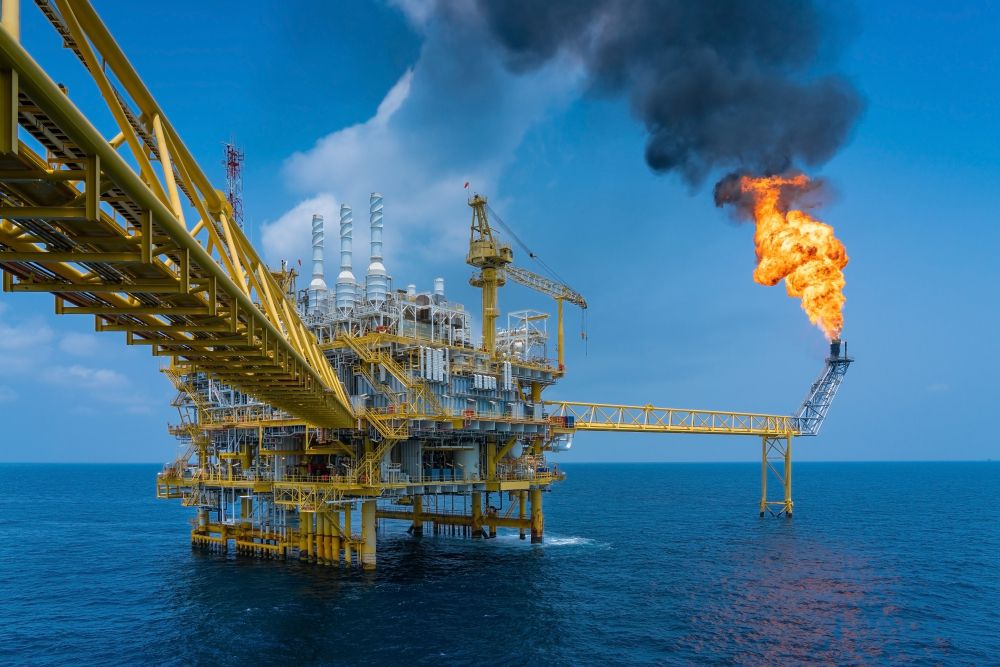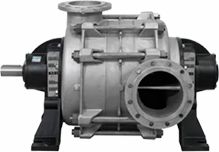Oil and gas industry
Pumps are crucial to the oil and gas industry. They are used for transporting crude oil, gas and water, and for injecting water and chemicals into wells. Pumps in this sector must withstand corrosion and high temperatures and pressures.
Our customers rate us 8,6  based on 136 reviews
based on 136 reviews
Any explanation about the
Oil and gas industry
About the oil and gas industry
The oil and gas industry is one of the largest industrial sectors in the world in terms of revenue generation. The oil and gas industry is divided into three segments: upstream, midstream and downstream.
Upstream = Exploration & Production of Oil (finding oil reserves and drilling for extraction)
Midstream = transport from the sources to the refineries.
Downstream = refining and sale of the final products (gasoline, diesel, jet fuel, etc.).
The profitability of the oil and gas industry is unparalleled, some of the largest and recognizable multinationals in the world come from the oil and gas industry, such as ARAMCO, BP, CNPC, Chevron, Exxon Mobil, TOTAL and Shell.
Versatile application across segments
Pumps are essential in all stages of oil and gas production, from upstream extraction to midstream transport and downstream refining.
Handles extreme conditions
Designed to operate under extreme conditions, including high temperatures, high pressures, and corrosive environments.
Efficient liquid and gas transport
Efficiently moves various fluids, such as crude oil, natural gas, and chemical solutions, ensuring smooth and continuous operations.
Enhanced safety and maintenance
Regular maintenance and robust construction enhance safety, prevent breakdowns, and optimize performance in demanding environments.
Pumps in the oil and gas industry
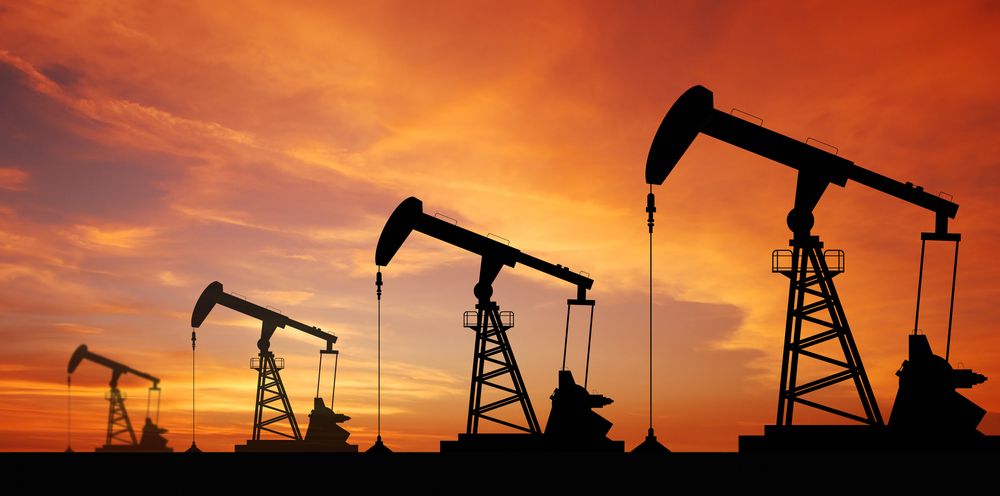
Our clients
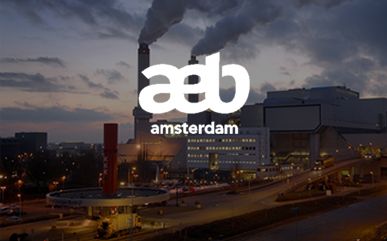
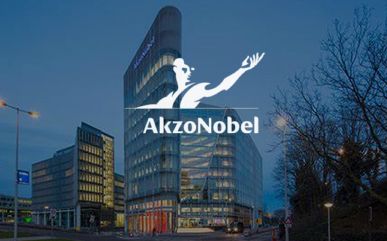
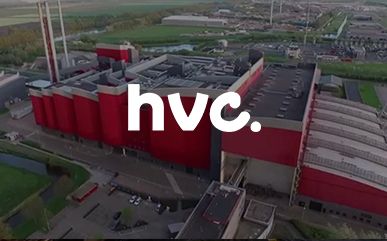
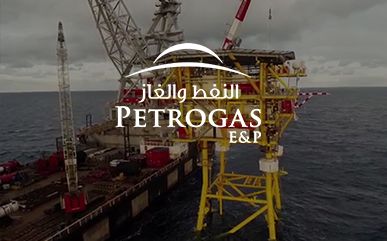
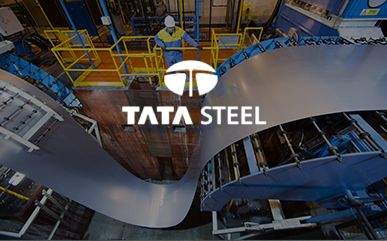

Outstanding and accessible customer support at every touch point!
Deployment is perfect and very service-oriented. Both by phone, during planned realisation and unplanned breakdowns.
Project leader RGR at waste contractor in the Netherlands.
Rating: ⭐⭐⭐⭐ 4/5
Excellent experience with IPG: professionalism, quality and proactive problem solving!
As a work planner, I experience IPG as very professional. They strive for quality, think about improvements and fix breakdowns quickly to minimize downtime.
Work Planner at a water authority.
Rating: ⭐⭐⭐⭐⭐ 5/5
A reliable partner with outstanding service and customer-oriented advice!
I experience IPG as a very good partner, a company that values service, and thinks and advises with the customers.
Technical Service Work Planner at waste management company in the Netherlands.
Rating: ⭐⭐⭐⭐⭐ 5/5

Without obligation
Contact us
Advice and sales
The best possible solution for your application
There are many different types of pumps and just as many applications, such as a submersible, circulation or well pump. Due to this diversity of pumps, it is wise to be well informed about what type of pump is required before you purchase one or have it overhauled. The IPG team with various pump experts can always advise you on the best possible solution for your application and can also support you with the purchase and installation of the pump.
IPG has strong relationships with various pump manufacturers and can therefore give you good advice in purchasing many types and brands of pumps. For example, the Industrial Pump Group is the Dutch importer of SAER and official dealer of Lowara, Grundfos and Seepex, among others.
I am looking for a pump for the oil and gas industry
What information is required?
To select the right pump for the oil and gas industry, it is important to consider several factors. Listed below are five points on which information is required to select the right pump:
- Type of liquid or gas: It is important to know what type of liquid or gas is being moved by the pump, as this determines which type of pump is most suitable for the application. Some pumps are better suited for moving viscous liquids, while others work better with gas or low viscosity liquids.
- Flow rate: The flow rate or flow rate of the liquid or gas is an important factor in selecting the right pump. The flow rate may vary depending on the application and may affect the size of pump required.
- Pressure: The pressure required for the application is also important to know. Some applications require high pressures, while others require lower pressures. The pumps must be able to deliver the required pressure.
- Temperature: The temperature of the liquid or gas being moved is important as some pumps do not work well at high temperatures. The materials from which the pump is made must be able to withstand the high temperatures and possible corrosion.
- Environmental factors: Finally, it is important to consider the environmental factors under which the pump will be used. Ambient temperature, air pressure and humidity can affect pump performance and the type of pump required. The available space, the electrical supply and the required maintenance are also factors that play a role in the selection of the right pump.
why each application has specific requirements
Each application within the oil and gas industry has its own specific requirements because the fluids and gases that are processed have different properties and are used in different environments. This requires specific pumps with different materials, constructions and performance to move the liquids and gases correctly and ensure the safety and efficiency of the process.
